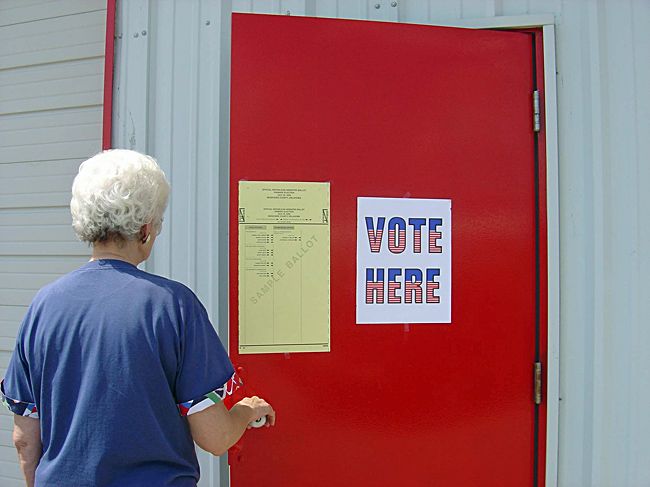Super Tuesday Voters Can Broadcast Choices

On Super Tuesday, voters in 22 states will not only be able to select a presidential candidate at the ballot box, they will be able to tell the world the reasons for their selection, thanks to technology being used by a public radio station in New York City.
WNYC Radio is publicizing an 800 number that will let voters call in and say who they voted for and why, explained station spokesperson Jennifer Houlihan. The number connects to a speech-to-text system provided by UK-based SpinVox Ltd., which will automatically transcribe what the callers say
Commentators will tally the results and read selected comments during on-going coverage of the primaries, she explained.
"We assume that the callers will be comfortable saying things that they would not tell a pollster," Houlihan said. "We are hoping they will share the defining moment that made them choose one candidate over another. Since we can see the phone number of the caller, we will be able to call back selected callers and see if the would be comfortable being interviewed on the air."
Voters will also be able to comment through e-mail, and through the station's election coverage site, www.americasexitpoll.org . The radio program will also carried by other stations, including various National Public Radio affiliates, she added.
Speech-to-text, also called speech recognition, is hardly new, but typically falls into two categories: desktop and telephone system. Desktop systems run on a PC, have large vocabularies, and are adjusted to the owner's voice through initial training and on-going correction. Telephone systems can understand just about anyone, but use limited vocabularies, run on powerful servers, and have interfaces that let them query the speaker (if not revert to a live operator) if the system can't understand what was said. Both types give almost instantaneous responses.
Representing a different approach, the SpinVox system has a vocabulary of about a million words, and has so far been able to recognize the speech of 12 million different people, said SpinVox vice president Bridget Brennen. The hardware running it amounts to an entire data center. Responses don't have to be instantaneous, and utterances that stump the system are passed to live operators, who decide what was said, she explained.
Sign up for the Live Science daily newsletter now
Get the world’s most fascinating discoveries delivered straight to your inbox.
The system will be able to support 60 simultaneous callers, whereas a standard radio station call-in line would only be able to handle one person at a time, she noted.
Marketing the Next President of the United States
Scientists Say Bush Stifles Science and Lets Global Leadership Slip
Quiz: The State of the United States











